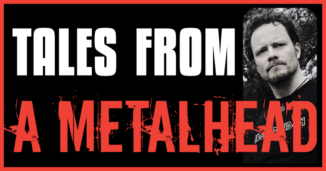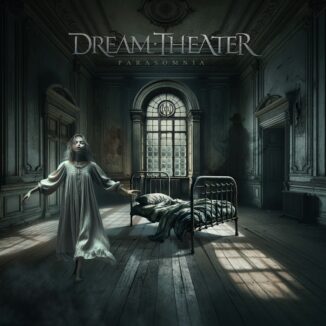
- JORDAN RUDESS - The Road Home - 5/105/10
Summary
Magna Carta
Release Date: September 12, 2007
User Review
( votes)Jordan Rudess, third keyboard player of Prog gods Dream Theater, has unleashed another solo release. That seems to be an urge for everybody who strikes the keys in Dream Theater: Kevin Moore’s Chroma Key project and Derek Sherinian’s self-titled outputs and Planet X, are witness to that. Jordan, who made a very nice impression on the last D.T. special edition DVD, also felt the need to show off his skills again, although he does not have to hold back in his original band.
What makes this release different from most others are two facts: First, the list of great musicians who participated in the making of the album — Nick D’Virgilio, Ricky Garcia, Neal Morse, Steven Wilson, Kip Winger, and several more promise a contemporary Prog Rock Tour de Force, which is obviously denied by the second fact: All but one composition are cover versions originating in the 70’s, and by bands that are definitely not Metal: Genesis; Emerson, Lake And Palmer; Yes; and, of course, Prog heroes King Crimson.
So instead of Modern Prog we get old fashioned Prog, where Rudess pays homage to his early influences. That is sometimes excellent as in Genesis’ “Dance On A Volcano“ with Neal Morse on Vocals, Gentle Giants’ extravaganza “Just The Same“ or the extremely long “Tarkus“ by ELP where Steven Wilson of Porcupine Tree and Kip Winger of, well, Winger, lend their voices to the album. The polished-up versions of old British Rock are not just replayed, but Jordan always changes and twists them around, adding parts, changing sequences, without altering the songs beyond recognition. Also the original Rudess composition “Piece Of The Pi,“ although basically a keyboard listen-in-awe piece, is a very satisfyingly funny and entertaining track, convincing the listener – again — of the undoubtedly great technical skills of Jordan Rudess.
On the downside, there is also quite a lot of room for criticism for the average Hard Music fan. First of all, the whole album is based solely around keyboard sounds, which means it is not hard at all. One track even is an over eight-minute long piano medley of compositions by Yes, Genesis, and King Crimson; nice to encounter at first, boring after a few spins. And, it is more that fact of extreme mellowness than the weaker compositions in that medley, or Yes’ “Sound Chaser“ – from the (quote from the promotional band info) “oft-overlooked Relayer Record“ of which some deservingly overlooked – that probably will make all of us pick a track or two once in a while, but seldom listen to the whole album straight.
So for the keyboard maniac this is a must buy. For the Prog fanatic, too, when there is a gap in the collection at the letter “R“ which this album is able to fill. For the D.T. fan, it just rounds off the collection to be complete. For everybody else, this is uneven ground. So, Metalheads, be warned, approach with an open mind and you will find some really interesting stuff, but don’t let your Metal friends hear it, you wimp!




Be the first to comment